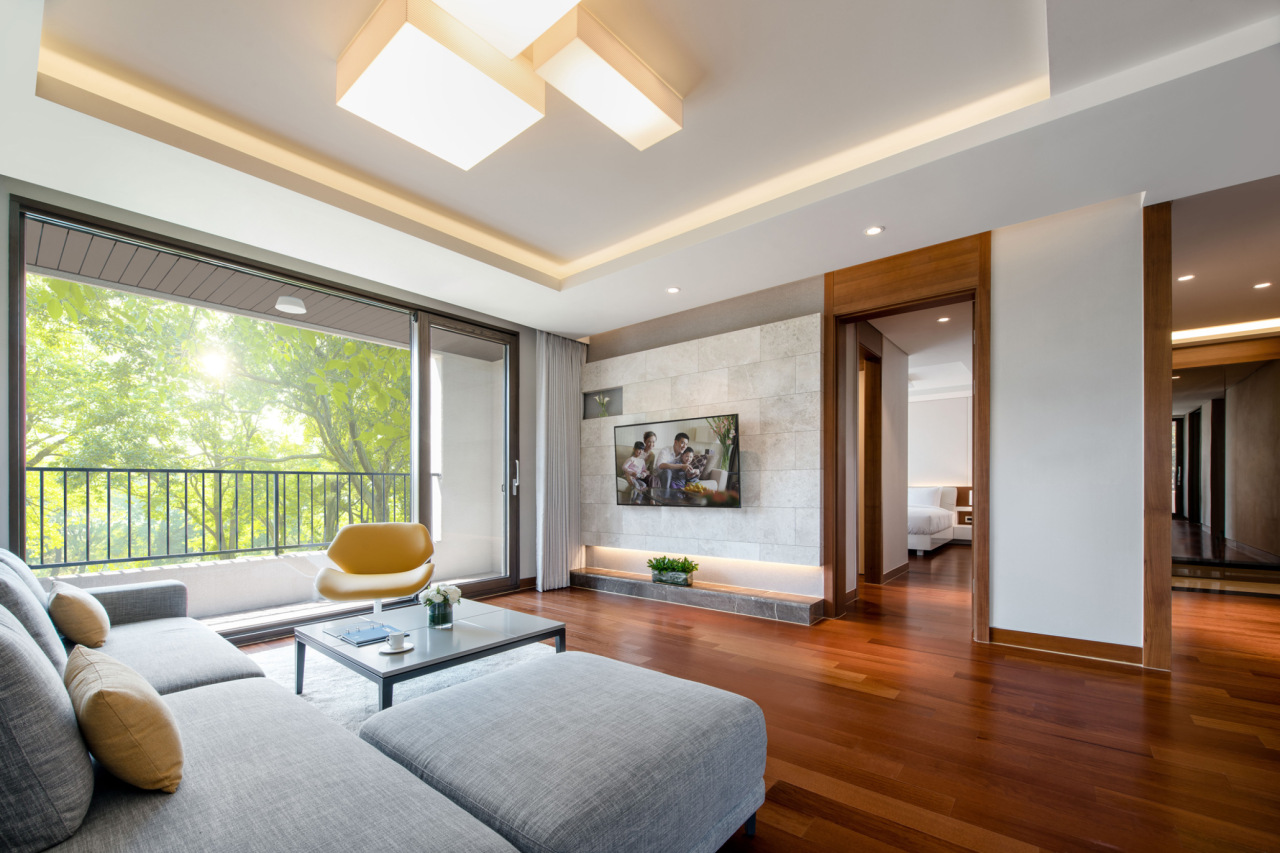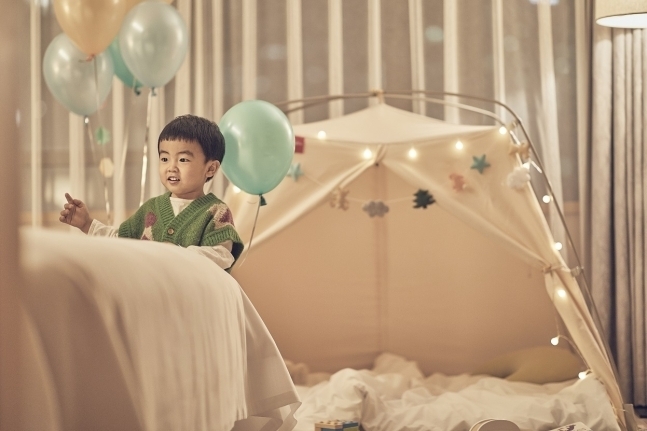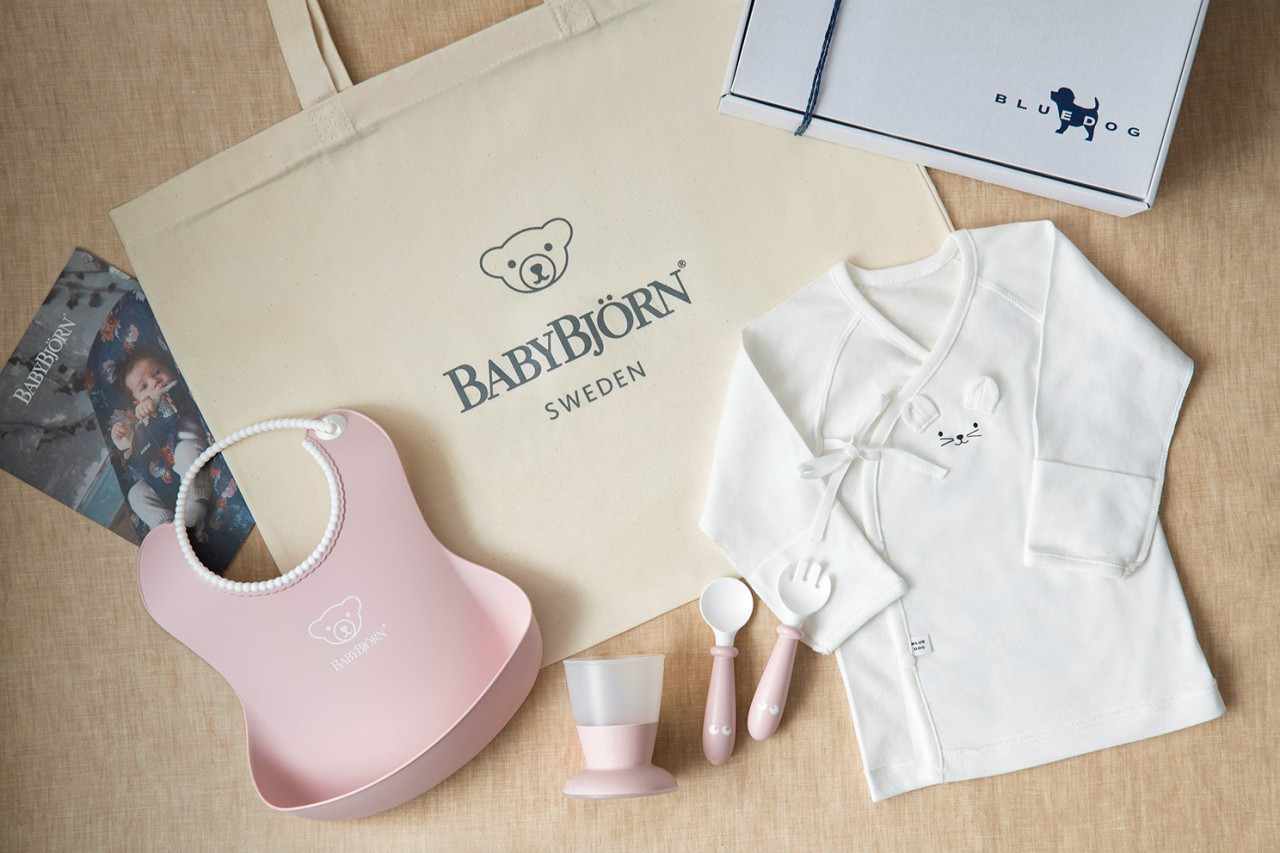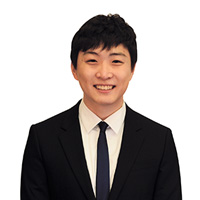Hotels fight against COVID-19 with unique staycation packages
By Lim Jang-wonPublished : April 10, 2021 - 16:00

With COVID-19 practically barring international travel, many hotels have turned toward the growing population of Koreans looking for a staycation.
The hotel industry faced unprecedented financial losses last year with the spread of the pandemic.
According to a Ministry of Culture, Sports and Tourism report in 2019, foreigners accounted for 46.3 percent of hotel guests in August 2019. With the absence of foreign travelers, many hotels reported financial losses last year, including Lotte Hotel which reported 497.6 billion won ($445.4 million) in losses and Hotel Shilla which reported losses of 185.2 billion won. Hotels such as Sheraton Seoul Palace Gangnam and Le Meridien Seoul went out of business and were sold, while union workers at Millennium Seoul Hilton protested, alleging that the hotel had been put on the market.
The few hotels that have managed to thrive were mostly luxury hotels on Jeju Island, which rose as a honeymoon and travel destination as international travel came to a standstill.
For example, revenue for the five-star The Shilla Jeju in the fourth quarter of 2020 reached 20.6 billion won, a 14.4 percent increase compared to the same period of the previous year. Reservations for four- and five-star hotels on Jeju Island in January and February also rose 62.8 percent compared to previous year. On the other hand, lower-tier hotels on Jeju Island that relied on tourists traveling in large groups and school trips are not faring as well.
For hotels in Seoul and other major cities, attracting locals looking for a relaxing weekend staycation outside the confines of their home has been key.
Even before COVID-19, going for a staycation was already becoming a cultural phenomenon in South Korea. Koreans especially looked toward luxury hotels with pools, fitness centers and high-end restaurants, resulting in five-star hotels recording the highest percentage of rooms sold at 84.8 percent before COVID-19.
While customers targeted for staycations have traditionally been couples and friends, especially women in their 20s and 30s, hotels have been releasing diverse staycation packages targeting different customers as the pandemic situation continues.
The hotel industry faced unprecedented financial losses last year with the spread of the pandemic.
According to a Ministry of Culture, Sports and Tourism report in 2019, foreigners accounted for 46.3 percent of hotel guests in August 2019. With the absence of foreign travelers, many hotels reported financial losses last year, including Lotte Hotel which reported 497.6 billion won ($445.4 million) in losses and Hotel Shilla which reported losses of 185.2 billion won. Hotels such as Sheraton Seoul Palace Gangnam and Le Meridien Seoul went out of business and were sold, while union workers at Millennium Seoul Hilton protested, alleging that the hotel had been put on the market.
The few hotels that have managed to thrive were mostly luxury hotels on Jeju Island, which rose as a honeymoon and travel destination as international travel came to a standstill.
For example, revenue for the five-star The Shilla Jeju in the fourth quarter of 2020 reached 20.6 billion won, a 14.4 percent increase compared to the same period of the previous year. Reservations for four- and five-star hotels on Jeju Island in January and February also rose 62.8 percent compared to previous year. On the other hand, lower-tier hotels on Jeju Island that relied on tourists traveling in large groups and school trips are not faring as well.
For hotels in Seoul and other major cities, attracting locals looking for a relaxing weekend staycation outside the confines of their home has been key.
Even before COVID-19, going for a staycation was already becoming a cultural phenomenon in South Korea. Koreans especially looked toward luxury hotels with pools, fitness centers and high-end restaurants, resulting in five-star hotels recording the highest percentage of rooms sold at 84.8 percent before COVID-19.
While customers targeted for staycations have traditionally been couples and friends, especially women in their 20s and 30s, hotels have been releasing diverse staycation packages targeting different customers as the pandemic situation continues.


One notable trend is promotions targeting families with children, offering a variety of toys, board games and kids’ activities. Many hotels even offer kid tents to be set up in the rooms.
Hotels are also offering longer reservations like 30-hour stay packages with early check-in and late check-out. Recently, some hotels have gone further, offering long-term stay packages.
Last month, Lotte Hotel Seoul released a monthlong stay package, becoming the first five-star hotel to do so. The package was offered at 2.5 million won for 14 days and 3.4 million won for 30 days, and comes with cleaning and laundry service as well as use of hotel swimming pool, fitness center and exclusive lounge for guests using the package.
The response was beyond expectations.
“Despite long-term stays being pricey, more than 20 rooms were sold in the first week of the package’s release,” said Lotte Hotel. “We think the package attracted people looking for a place to stay long-term while they move houses or for business.”
After the success of the package, Lotte Hotel expanded the package to 16 hotels around the country. Many hotels soon followed, releasing seven-day, 15-day and 30-day stay packages with a variety of discounts and services.
Another staycation trend is packages that try to replicate international travel by decorating hotels like international destinations.
For example, JW Marriott Hotel in Seoul decorated the entire hotel as Thailand’s JW Marriott Khao Lak Resort for two months for its “Enjoy Khao Lak in Seoul” package. Hotel staff in traditional Thai clothing greeted guests and rooms decorated in Thai style came with Thai snacks and Thai-brand amenities. Also, Thai yoga classes were available. The package grabbed the attention of Koreans hungry for international travel, leading the hotel to prepare a different city to feature later this year.
Novotel Ambassador Gangnam also decorated its lobby with a 7-meter-tall model of the Eiffel Tower last year, while L’Escape Hotel even handed out boarding passes, luggage stickers and flight meals to make guests feel like they were going on a flight.
In addition, unique packages targeting expecting mothers who once took ”relaxation“ trips to Southeast Asian countries, men looking to hangout among themselves and pet owners are offered at diverse hotels, looking to become the next staycation destination.
With Koreans looking to get away as spring arrives, four- and five-star luxury hotels are attracting many guests, with weekend stays for top staycation hotels requiring reservations weeks in advance. However, the lower-tier hotels are still suffering financially and await foreigner travelers and tourist packages to return.
By Lim Jang-won (ljw@heraldcorp.com)
Hotels are also offering longer reservations like 30-hour stay packages with early check-in and late check-out. Recently, some hotels have gone further, offering long-term stay packages.
Last month, Lotte Hotel Seoul released a monthlong stay package, becoming the first five-star hotel to do so. The package was offered at 2.5 million won for 14 days and 3.4 million won for 30 days, and comes with cleaning and laundry service as well as use of hotel swimming pool, fitness center and exclusive lounge for guests using the package.
The response was beyond expectations.
“Despite long-term stays being pricey, more than 20 rooms were sold in the first week of the package’s release,” said Lotte Hotel. “We think the package attracted people looking for a place to stay long-term while they move houses or for business.”
After the success of the package, Lotte Hotel expanded the package to 16 hotels around the country. Many hotels soon followed, releasing seven-day, 15-day and 30-day stay packages with a variety of discounts and services.
Another staycation trend is packages that try to replicate international travel by decorating hotels like international destinations.
For example, JW Marriott Hotel in Seoul decorated the entire hotel as Thailand’s JW Marriott Khao Lak Resort for two months for its “Enjoy Khao Lak in Seoul” package. Hotel staff in traditional Thai clothing greeted guests and rooms decorated in Thai style came with Thai snacks and Thai-brand amenities. Also, Thai yoga classes were available. The package grabbed the attention of Koreans hungry for international travel, leading the hotel to prepare a different city to feature later this year.
Novotel Ambassador Gangnam also decorated its lobby with a 7-meter-tall model of the Eiffel Tower last year, while L’Escape Hotel even handed out boarding passes, luggage stickers and flight meals to make guests feel like they were going on a flight.
In addition, unique packages targeting expecting mothers who once took ”relaxation“ trips to Southeast Asian countries, men looking to hangout among themselves and pet owners are offered at diverse hotels, looking to become the next staycation destination.
With Koreans looking to get away as spring arrives, four- and five-star luxury hotels are attracting many guests, with weekend stays for top staycation hotels requiring reservations weeks in advance. However, the lower-tier hotels are still suffering financially and await foreigner travelers and tourist packages to return.
By Lim Jang-won (ljw@heraldcorp.com)
-
Articles by Lim Jang-won








![[Graphic News] More Koreans say they plan long-distance trips this year](http://res.heraldm.com/phpwas/restmb_idxmake.php?idx=644&simg=/content/image/2024/04/17/20240417050828_0.gif&u=)
![[KH Explains] Hyundai's full hybrid edge to pay off amid slow transition to pure EVs](http://res.heraldm.com/phpwas/restmb_idxmake.php?idx=644&simg=/content/image/2024/04/18/20240418050645_0.jpg&u=20240419100350)






![[From the Scene] Monks, Buddhists hail return of remains of Buddhas](http://res.heraldm.com/phpwas/restmb_idxmake.php?idx=652&simg=/content/image/2024/04/19/20240419050617_0.jpg&u=20240419175937)

![[KH Explains] Hyundai's full hybrid edge to pay off amid slow transition to pure EVs](http://res.heraldm.com/phpwas/restmb_idxmake.php?idx=652&simg=/content/image/2024/04/18/20240418050645_0.jpg&u=20240419100350)

![[Today’s K-pop] Illit drops debut single remix](http://res.heraldm.com/phpwas/restmb_idxmake.php?idx=642&simg=/content/image/2024/04/19/20240419050612_0.jpg&u=)